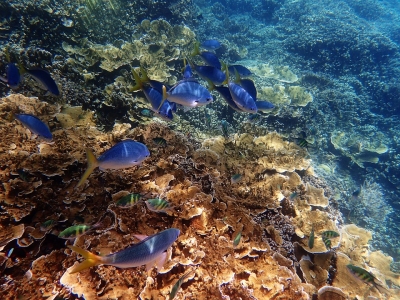Share

CANBERRA — Fewer than half of Australians are aware of the country's biodiversity crisis, according to a new study published on Tuesday.
In the study, the Biodiversity Council, a partnership between 11 leading universities, surveyed more than 4,000 Australians on their attitudes towards nature, reports Xinhua news agency.
It found that only 43 per cent of respondents were aware that Australia has one of the highest rates of native species extinction in the world and just 54 per cent knew Australia has lost most of its forests since colonisation.
Despite the low awareness of the extinction crisis, 97 per cent of participants said they want more action to conserve biodiversity.
Among the participants, 85 per cent were moderately or highly concerned about threats to nature and nearly three quarters said they understood global warming is having a direct impact on wildlife.
[bsa_pro_ad_space id=1]"Most Australians agree that every person living in Australia bears responsibility for acting for the natural environment, and this is reflected in that many Australians are already engaging in everyday behaviours that support nature," the report said.
"In particular, there is significant public support for strengthening environmental laws and ceasing native timber harvesting."
It calls for lawmakers at federal, state and local levels to accept the "community mandate" for stronger action on protecting biodiversity by strengthening environmental laws, banning native timber harvesting and boosting funding for biodiversity protection and restoration.
"The Biodiversity Council hopes to support the much-needed actions to prevent biodiversity loss and protect our unique species and natural ecosystems for all Australians into the future," the report said.
Also read: Digital crop survey in 19 UP districts